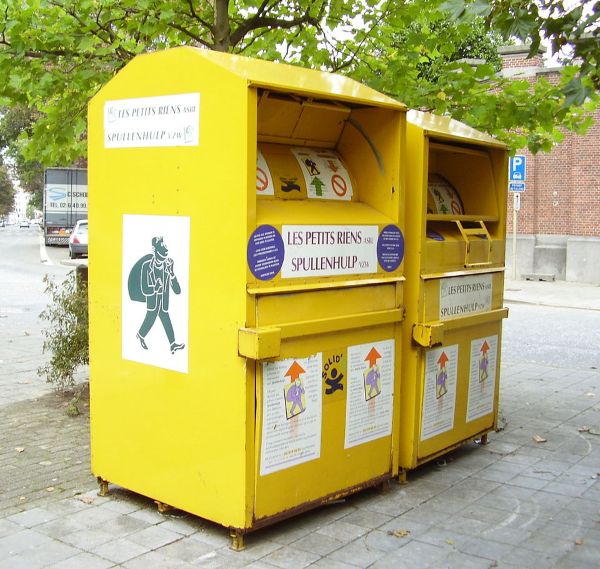On Tuesday, the European Parliament formally approved a set of new measures designed to prevent and reduce waste generated from food and textiles across the European Union. This updated legislation will implement binding food waste reduction targets that member states must meet by 31 December 2030.
Specifically, these targets include a 10% reduction in food waste originating from food processing and manufacturing, as well as a 30% reduction per capita from sectors including retail, restaurants, food services, and households. These objectives will be assessed based on the average amount of waste generated annually between 2021 and 2023.
In July 2023, the European Commission proposed revisions to the EU’s waste regulations, targeting food and textile waste. Currently, the EU generates approximately 60 million tonnes of food waste (equivalent to around 132 kg per person) and 12.6 million tonnes of textile waste annually. Clothing and footwear comprise 5.2 million tonnes of this total, equating to around 12 kg per person each year. Alarmingly, fewer than 1% of textiles worldwide are recycled into new products.
In response to the Parliament’s request, EU member states will be required to implement measures ensuring that economic operators significantly involved in the generation and prevention of food waste (as identified in each country) facilitate the donation of unsold food that is deemed safe for human consumption.
Additionally, producers of textiles available within the EU will be responsible for covering the costs associated with collection, sorting, and recycling through newly established extended producer responsibility (EPR) schemes. Each member state must set up these schemes within 30 months of the directive’s entry into force. These obligations will apply to all producers, including those utilising e-commerce platforms, regardless of their establishment within or outside the EU. Micro-enterprises will be granted an additional year to comply with the EPR requirements.
The newly introduced rules will encompass a range of products, including clothing and accessories, hats, footwear, blankets, bed and kitchen linen, and curtains. At the initiative of the Parliament, EU countries may also develop EPR schemes for mattress producers. Furthermore, member states are encouraged to address issues related to ultra-fast fashion and fast fashion practices when determining their financial contributions to the EPR schemes.
As per the established second reading protocols, the President announced in plenary that the proposed act has been adopted; this position had previously received agreement from the Council earlier this summer. The law is now poised to be signed by both legislative bodies and subsequently published in the EU Official Journal. Following its enactment, EU member states will have 20 months to incorporate the provisions of this legislation into their national laws.

